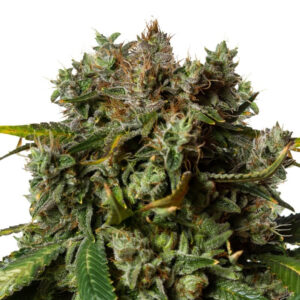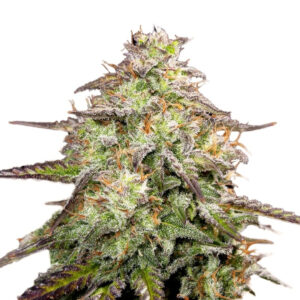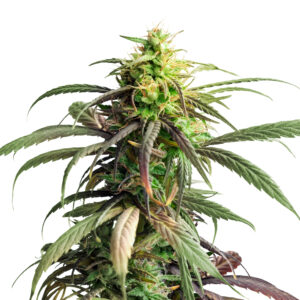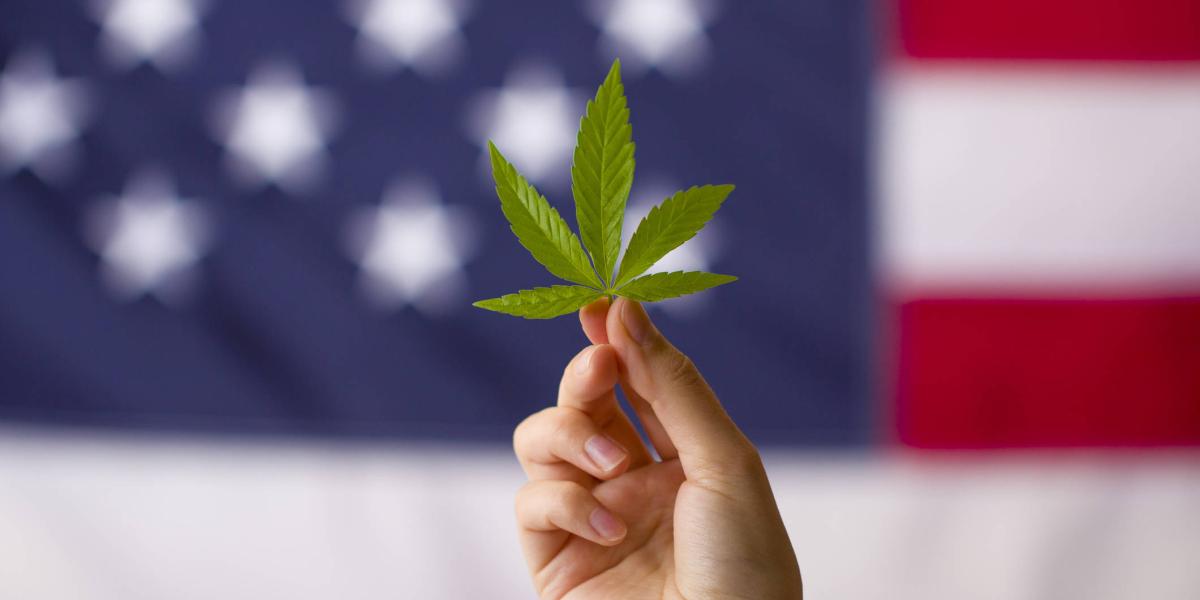 By:
Amos Mwaniki
By:
Amos Mwaniki
In this article, we delve into the effects of smoking weed on athletic performance. We aim to provide an insightful analysis of the topic, addressing common misconceptions and shedding light on the potential impact marijuana can have on athletes. By examining scientific research and expert opinions, we aim to present a comprehensive overview that will help you make informed decisions about marijuana use in relation to your athletic pursuits.
Cannabis contains various chemical compounds, with delta-9-tetrahydrocannabinol (THC) and cannabidiol (CBD) being the most prominent. THC is responsible for the psychoactive effects commonly associated with marijuana, while CBD does not produce the same intoxicating effects. It’s important to note that different strains of cannabis can have varying concentrations of these compounds, leading to differing effects.


In conclusion, the effects of smoking weed on athletic performance are multifaceted and depend on various factors, including individual physiology, dosage, and frequency of use. While some athletes may experience negative impacts on physical and psychological performance, others may find potential benefits in pain management and recovery. It’s crucial for athletes to carefully consider their specific needs, consult medical professionals, and adhere to the rules and regulations of their respective sports. As with any substance, moderation and informed decision-making are key.
The use of marijuana can lead to increased heart rate and dilation of blood vessels, which may impact cardiovascular performance during exercise. These effects can become more pronounced during intense physical exertion.
Smoking marijuana involves inhaling smoke, which can irritate the lungs and airways. This irritation may affect lung function, reducing respiratory capacity and potentially hindering athletic performance, particularly in endurance-based activities.
Marijuana has been touted for its potential analgesic properties, which may be beneficial for athletes dealing with pain from injuries or intense training. However, the effectiveness of cannabis as a pain management tool varies among individuals, and the potential side effects should be considered.
[magento_products id=”74,78,115,121″]













Related Posts

Will CBD oil show up on a drug test? It’s a million-dollar question, especially to those who participate in national and international activities that do not want participants to use particular drugs.

CBD, a non-intoxicating component of cannabis, is noted for its therapeutic properties, offering relief from anxiety and other conditions without the side effects of THC. High-CBD seeds, legal in areas where medical cannabis is permitted, are a popular choice for those seeking natural remedies. These seeds are designed to maximize the therapeutic potential of CBD, making it easy to grow CBD-rich plants for medicinal use.

The US sees unprecedented levels of adult cannabis use, despite federal bans. State legalizations, economic gains, and a notable shift from alcohol highlight the evolving cannabis landscape. The industry’s growth, amidst political and legal challenges, reflects changing perceptions and a potential slow march towards federal acceptance.